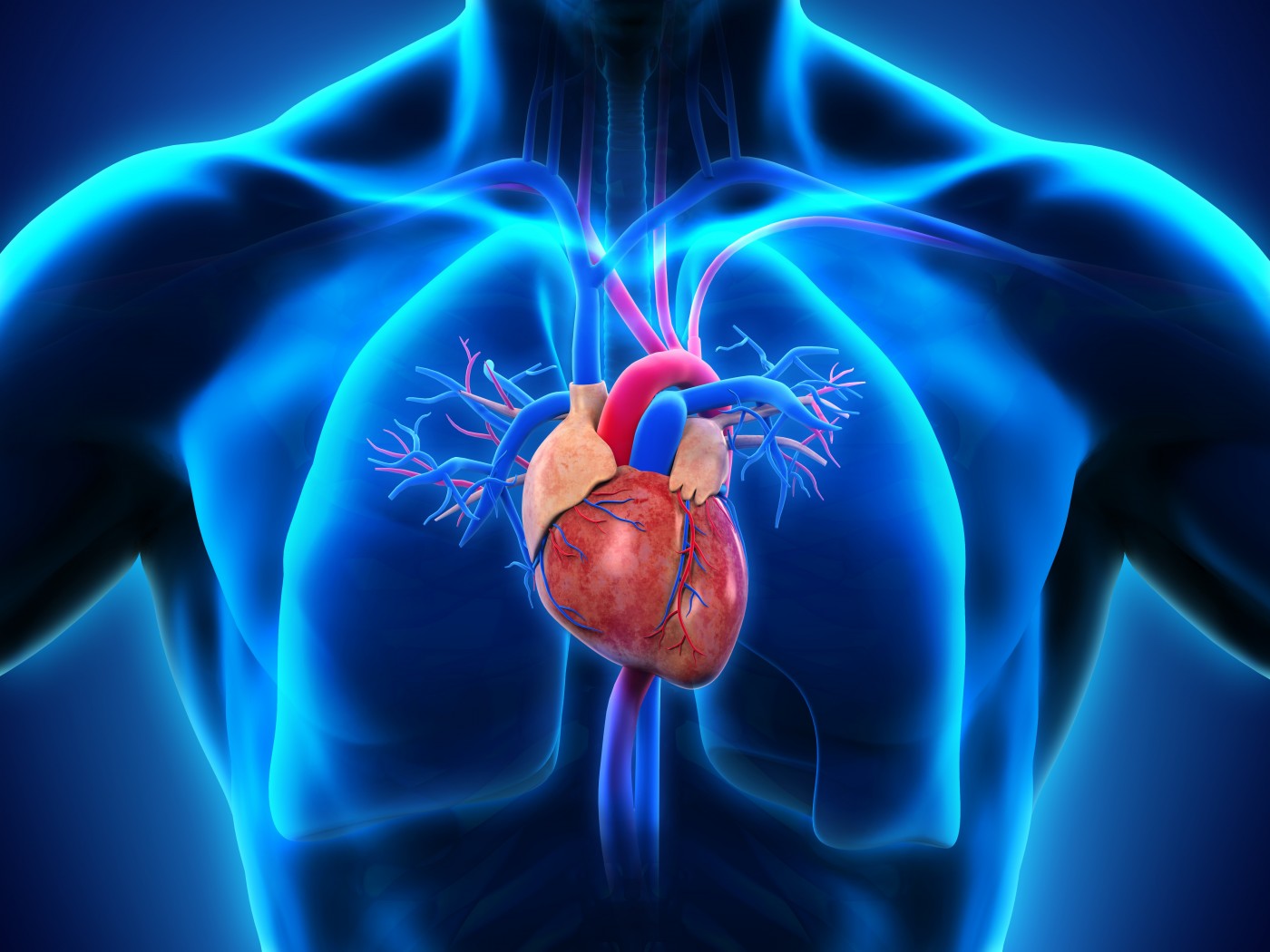Researchers Believe Epigenetics Could Lead to New PAH Therapies
Written by |

Epigenetics is a fast-growing research field that scientists are applying to many different areas of medicine, such as cancer, peripheral hypertension and asthma. Can the study of epigenetics be useful for understanding and treating pulmonary arterial hypertension as well? A recent article, titled “Epigenetic modulation as a therapeutic approach for pulmonary arterial hypertension, “ published July 31, 2015 in the journal Experimental and Molecular Medicine seems to indicate that this may be the case.
PAH is a condition that worsens over time and can be potentially fatal, since pressure in the lung arteries can strain the heart. Although PAH currently has no cure, several medications are used to control symptoms. Vasodilators for example are used to control and improve symptoms, but they do not halt the progression of the disease.
Epigenetics refers to modification of DNA that does not involve changes in the actual genetic code (DNA base pairs). This can occur due to environmental influences, such as exposure to toxins. Noting the possible role of environmental influences, the article authors state that “PAH is a complex disease with multiple etiologies and may be mediated by the interplay of genetic background, epigenetic changes and pathobiological environmental factors, which explains the great variability in susceptibility.” What this means is that a gene-environment interplay may be at work within the disease, with epigenetics representing the interaction between the two influences.
Understanding epigenetic changes in PAH might open up new avenues for the development of treatments. Because PAH is a fatal disease and there is no cure, new disease-modifying treatments are greatly needed.
According to the article, written by first author Jun-Dae Kim of Yale University and colleagues, epigenetic changes that may be of interest to scientists and clinicians include “DNA methylation, histone modification and microRNA.” All of these are either components of DNA or control DNA’s ability to signal and code changes in the body.
In their report, the scientists review the evidence for changes in all three of these components in PAH. Although there is a great deal of research data, the data has not yet been translated into clinical treatments. The authors note, “The application of these epigenetic technologies to PAH research will provide a greatly improved understanding for the development of new drugs via novel targets and signaling pathways associated with PAH, and key insights into potential therapeutic strategies for PAH. Thus, future studies are needed to examine the role of epigenetics in the pathogenesis of PAH, as well as the therapeutic potential in experimental PH models.”
Based on these early observations by researchers, continued investigation of epigenetics, and ultimately human clinical trials, will hopefully yield greatly needed new treatment options for PAH.



